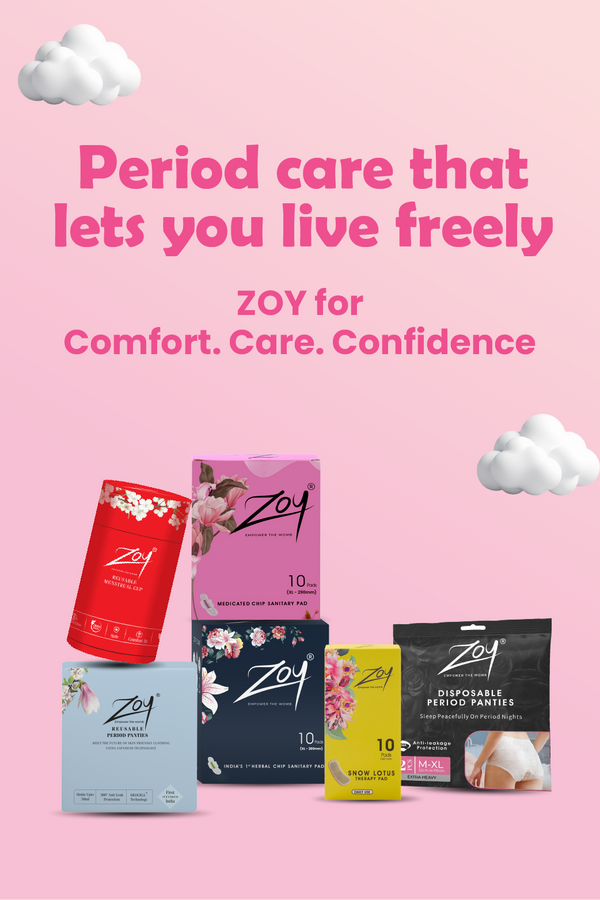
Healthy Diet for Periods: Ease Cramps & Bloating
Dealing with periods can feel like a monthly struggle, such as cramps, bloating, and mood swings, which can really take a toll. As a registered dietitian specialising in women’s health, I’ve seen how the right foods can transform your menstrual experience. Drawing from trusted sources like the Cleveland Clinic and Healthline, here’s a simple, research-backed guide to a healthy diet for periods that eases symptoms and keeps you feeling your best.
Why Diet Matters for Your Menstrual Cycle?
Hormone shifts during your cycle affect energy, appetite, and inflammation. A 2017 study from the International Journal of Molecular Sciences shows that poor nutrition and stress can disrupt estrogen and progesterone, worsening PMS. A nutrient-rich diet reduces inflammation, stabilises blood sugar, and replenishes iron lost during bleeding, helping you tackle periods with ease.
Best Foods to Eat During Your Period
Focus on anti-inflammatory, nutrient-packed foods to fight fatigue, period pain, and cravings. Here’s what to include:
- Water and Herbal Teas: Drink 2-3 litres of water daily to reduce bloating. Peppermint or ginger tea can ease cramps and nausea, per a 2016 study on PMS relief.
- Iron-Rich Foods: Spinach, kale, chicken, fish, lentils, and beans boost iron to combat tiredness. Omega-3s in salmon or flaxseeds cut pain intensity, according to a 2012 study.
- Fruits and Complex Carbs: Bananas (potassium for bloating), berries (vitamin C for iron absorption), and quinoa or sweet potatoes keep energy steady without sugar crashes.
- Anti-Inflammatory Picks: Turmeric’s curcumin reduces PMS severity, dark chocolate (70% cocoa) offers magnesium for relaxation, and almonds provide healthy fats.
- Probiotics: Yoghurt or kombucha supports gut health, preventing yeast infections common during periods.
Try a spinach salad with chicken and berries or sip ginger-turmeric tea with a square of dark chocolate.
Foods to Avoid for a Healthier Period
Steer clear of foods that increase inflammation or discomfort:
- Salty and Processed Foods: Chips and fast food cause water retention and bloating.
- Sugar and Caffeine: Excess sugar triggers mood swings; coffee may prolong heavy flows.
- Alcohol and Spicy Foods: These dehydrate and upset your stomach, worsening nausea.
- Red Meat and Dairy (if sensitive): High in prostaglandins, they can intensify cramps. Opt for plant-based options if dairy’s an issue.
Easy Tips for Success
Track your cycle with an app to plan meals and add more carbs in the luteal phase for energy. Supplements like magnesium (300mg daily) or vitamin D may help, but consult your doctor. Pair with light exercise like walking for better results.
A healthy diet for periods empowers you to feel better. People often notice less pain and more energy after a few cycles. Start with one change today, and if symptoms persist, consult a healthcare provider.

